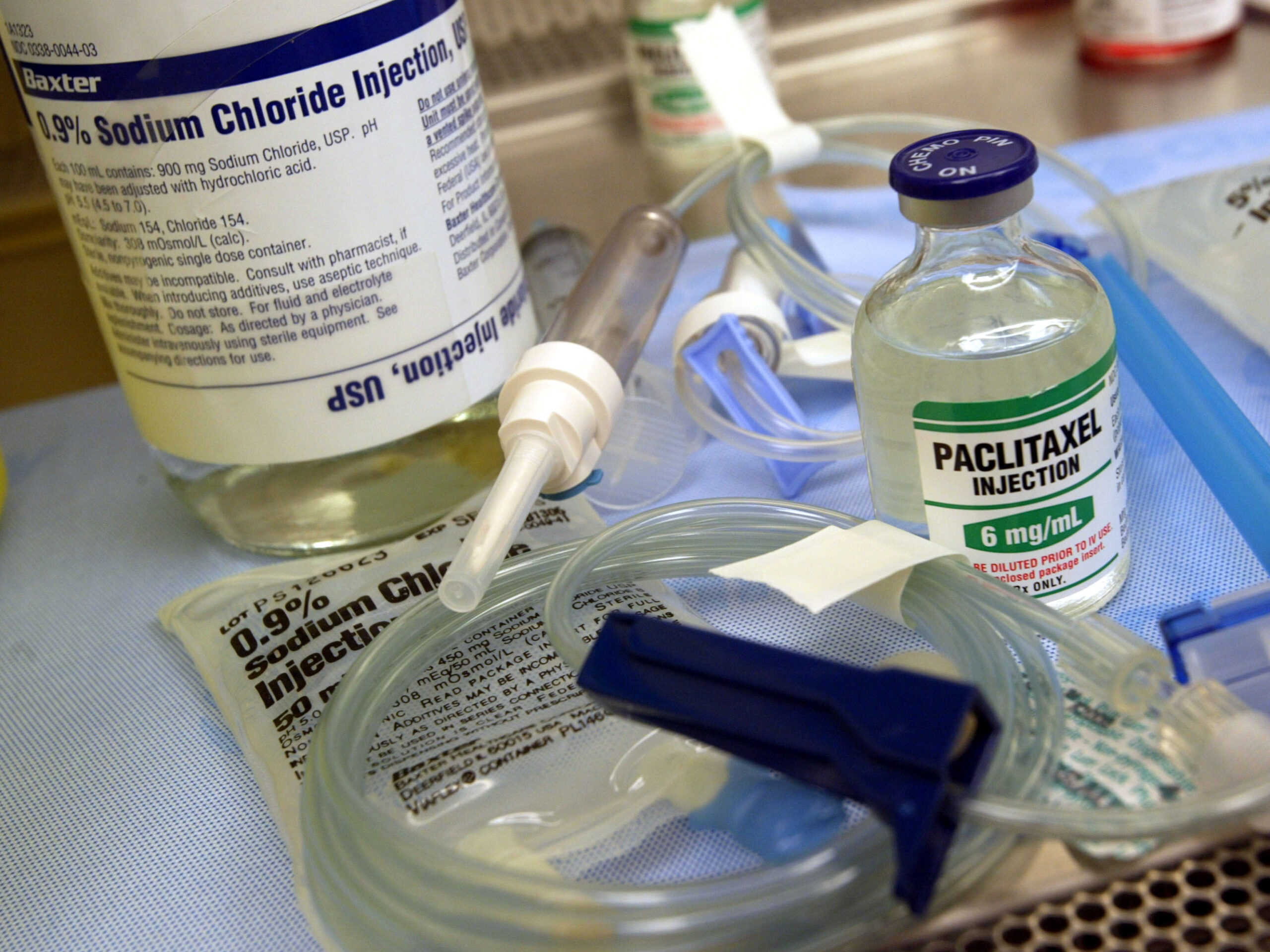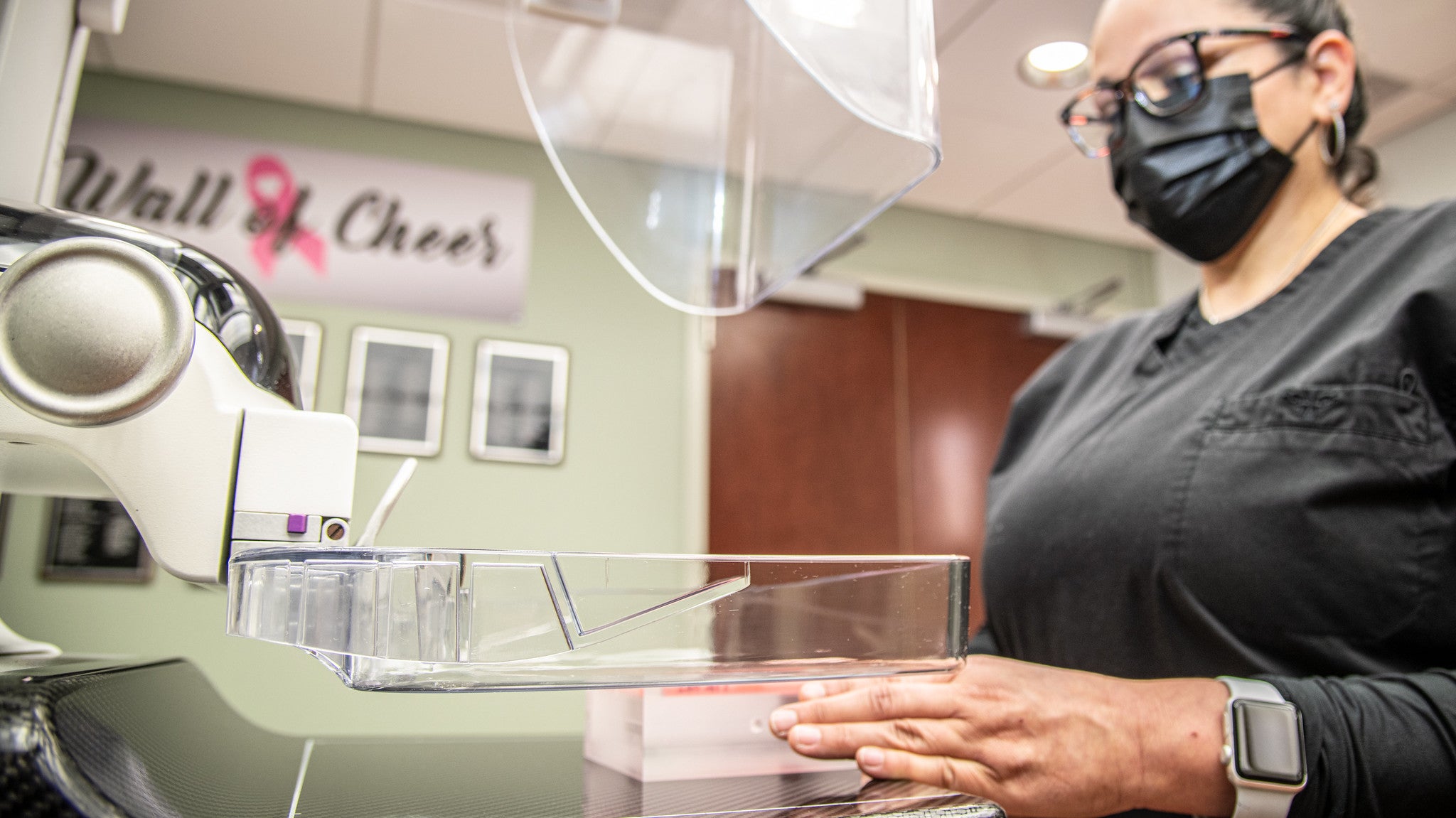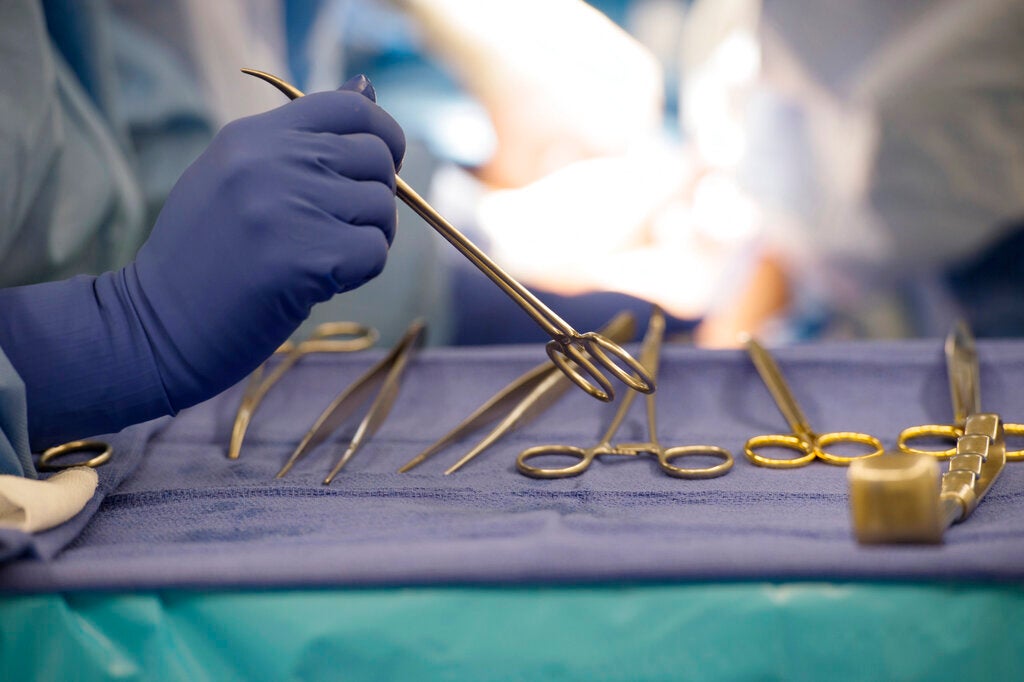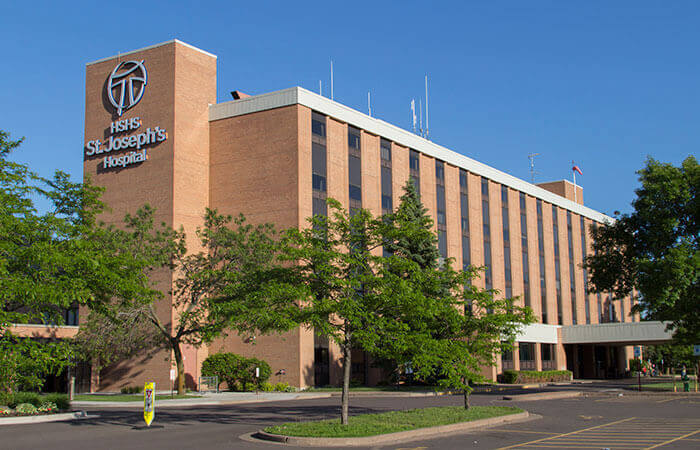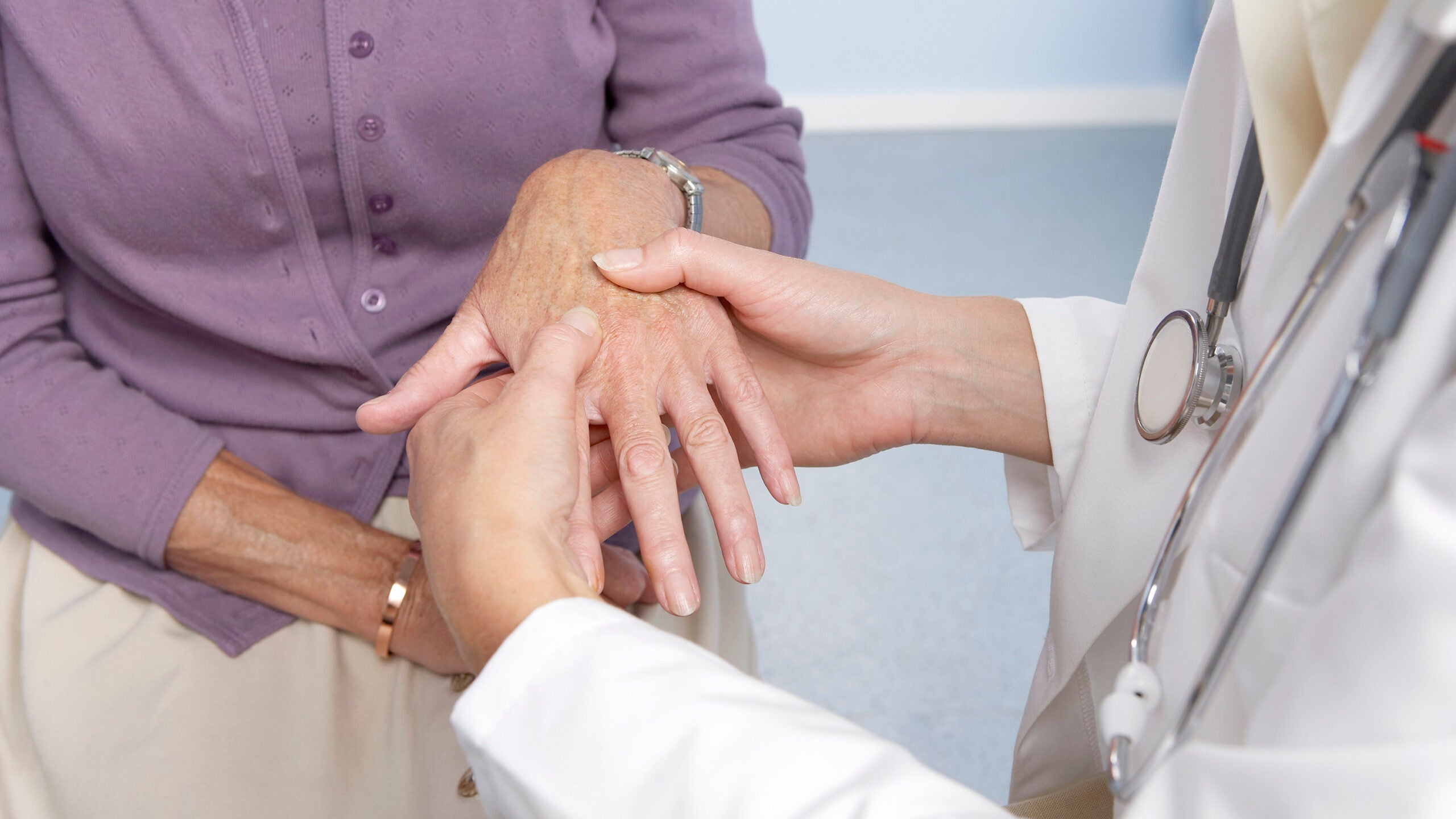In 2010, there were more than 1300 clinical trials in Wisconsin for treatments for cancer, asthma and other ailments. An industry report finds the lengthy testing process is a boost to the state’s economy, but it can be difficult to find willing patients.
Before a drug can be approved and sold, it is tested for an average of seven years. The process can go longer if enough people don’t agree to part of clinical trials; that’s the case 70 percent of the time, according to Jeff Trewhitt of Pharmaceutical Research and Manufacturers of America. “Many people tend to dwell on the risks of clinical trials and make no mistake—there are risks. These are unapproved medicines,” he says. “But the benefits don’t get talked about as much as they should.”
Trewhitt says those in clinical trials get expert medical care and early access to potential cures or treatments. Less than five percent of cancer patients participate in clinical trials. And diversity among patients in drug research is lacking. Trewhitt says some African Americans are suspicious of the medical community because of a syphilis study that began in the Thirties. “They still remember Tuskegee,” he says. “And it is a big barrier and one we need to address.”
Stay informed on the latest news
Sign up for WPR’s email newsletter.
A new group has formed in Wisconsin to increased awareness of clinical trials. It aims not only to boost participation, but promote bioscience. Bryan Renk is executive director of BioForward. He says the industry employs close to 25,000 people statewide. “The average salary in our industry is close to $70,000 with the average salary in the state at $42,000,” he says. “It’s very impressive to see what this sector can do”
Renk says the economic impact on the state from clinical trials is close to $7 billion.
Wisconsin Public Radio, © Copyright 2024, Board of Regents of the University of Wisconsin System and Wisconsin Educational Communications Board.

